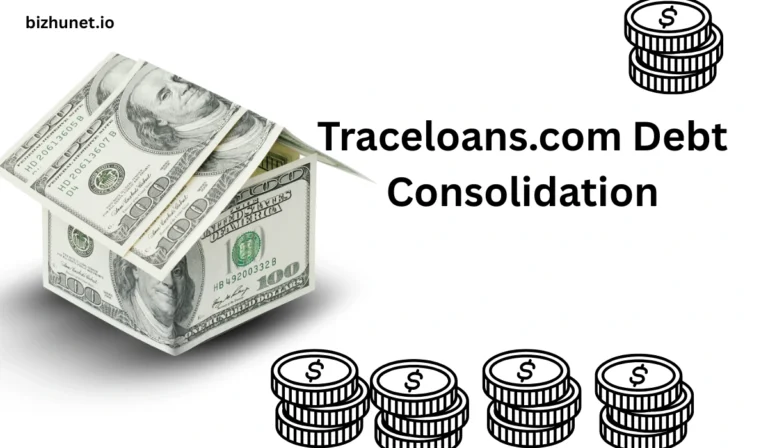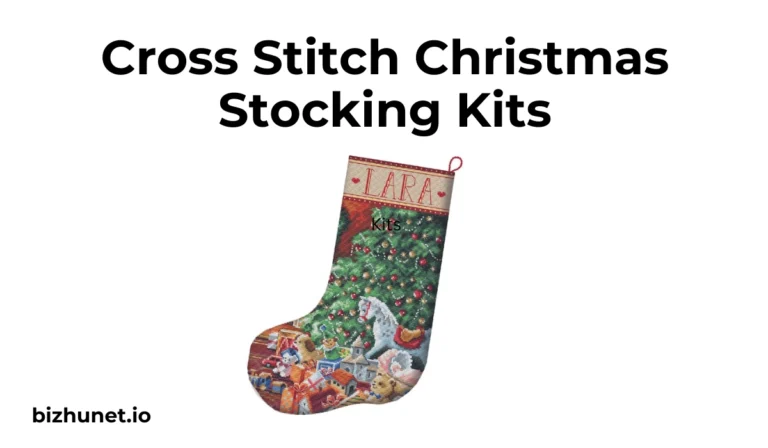Franchising vs. Starting from Scratch: Which Is Better for You?
When deciding to become your own boss, one of the most important decisions you’ll face is how to start your business. Should you buy into a proven franchise system, or venture out and build something entirely from scratch? Both paths have their advantages and challenges, and choosing the right one depends on your personality, goals, financial capacity, and risk tolerance.
This article compares franchising and starting your own business from scratch across key areas like cost, risk, support, brand recognition, and profitability—so you can make an informed decision that aligns with your long-term vision.
Whether you’re an aspiring entrepreneur or an experienced professional seeking independence, this guide will give you clarity on which model suits you best.
Understanding the Two Models
Before diving into comparisons, let’s define each approach clearly.
What Is Franchising?
Franchising is a business model where you purchase the rights to operate under an existing brand and proven business system. The franchisor provides you with training, support, branding, and access to suppliers in exchange for a franchise fee and ongoing royalties.
Common examples include McDonald’s, Subway, and Anytime Fitness.
What Does Starting from Scratch Mean?
Starting a business from scratch means you’re building everything from the ground up—developing your brand, creating products or services, handling operations, and establishing a customer base without existing support. While this offers complete freedom, it also requires significantly more effort, planning, and risk management.
If you’re unsure where to start, online platforms like 👉 throttllicensing.com help aspiring entrepreneurs explore licensing and franchising opportunities across various industries, making it easier to discover the right fit for your business journey.
1. Startup Costs and Investment
Franchising
Franchises usually require a substantial upfront investment, which includes a franchise fee, real estate costs, equipment, marketing, and royalties. However, you’re buying into a ready-to-run model with operational procedures already in place.
Typical costs:
- Franchise fee: $10,000 – $100,000
- Total startup investment: $50,000 – $1 million+
Starting from Scratch
When building your own business, you can control costs more tightly, scaling as you grow. But initial expenses like branding, marketing, inventory, staff hiring, and equipment still add up.
Pros: More flexibility and control
Cons: Harder to predict total costs without a model to follow
Verdict:
Franchising has a higher entry cost, but lower risk. Starting from scratch can be more affordable initially but may require more cash as you grow.
2. Risk and Success Rate
Franchising
Franchises generally have a higher success rate than independent startups because they’re based on a tested system. According to the U.S. Bureau of Labor Statistics, franchises have a much lower failure rate in their first five years than independently-owned businesses.
Starting from Scratch
Most startups face higher risk due to trial and error. About 20% of new businesses fail within their first year, and nearly 50% don’t survive beyond five years.
Verdict:
Franchising offers lower risk because you’re buying into a system that’s already working.
3. Control and Creativity
Franchising
One downside of franchising is limited creative freedom. You’re expected to follow strict brand guidelines, menus, uniforms, signage, and even operating hours. Some franchisors allow small local adaptations, but the core model remains consistent.
Starting from Scratch
This route offers full control over every decision—from your business name and mission to branding and service delivery. You can pivot quickly and adapt to market needs without getting approvals.
Verdict:
If creative freedom is important to you, starting from scratch is the better path.
4. Brand Recognition
Franchising
With a franchise, you immediately benefit from existing brand awareness. Customers already trust the name, reducing your marketing burden and allowing faster customer acquisition.
Starting from Scratch
You’ll need to invest heavily in branding and trust-building through marketing, social proof, and excellent customer service. Building credibility takes time and resources.
Verdict:
Franchising wins when speed-to-market and customer trust are priorities.
5. Training and Support
Franchising
Franchisees typically receive comprehensive training, ongoing support, and access to business systems. Franchisors help with site selection, hiring, operations, and marketing. You’re never truly on your own.
Starting from Scratch
Unless you hire consultants or mentors, you’re largely self-taught. Mistakes can be costly, and trial-and-error is part of the journey.
Verdict:
If you want guidance and structured support, franchising offers a significant advantage.
6. Marketing and Advertising
Franchising
Most franchises charge an advertising or marketing fee, which contributes to national campaigns, digital advertising, and brand-level promotions. This ensures brand visibility at a large scale.
Starting from Scratch
You’ll need to manage your own marketing strategy—from building a website to running ads and building social media presence. It can be time-consuming and expensive but tailored to your niche.
Verdict:
Franchising offers broader reach, but personal businesses have more customization potential.
7. Scalability and Exit Strategy
Franchising
It’s easier to scale with franchises, especially multi-unit ownership. You can buy additional territories or locations once you’ve proven your capability. Many franchises are also easier to sell due to brand demand.
Starting from Scratch
Scaling depends entirely on your systems and operational capabilities. However, if your brand gains strong traction, the upside potential is limitless. Selling the business can be harder without brand recognition.
Verdict:
Franchising scales faster, but independent businesses may offer higher valuation if built successfully.
8. Legal and Compliance Requirements
Franchising
Franchisors provide legal documents such as the Franchise Disclosure Document (FDD) and help with licensing, insurance, and compliance. They also stay ahead of regulatory updates, reducing your burden.
Starting from Scratch
You must handle everything yourself or hire legal advisors—from choosing your business structure to obtaining necessary permits and handling tax compliance.
Verdict:
Franchising simplifies the legal process through pre-defined frameworks.
So, Which One Is Right for You?
The right path depends on your goals, experience, personality, and available capital. Use the comparison table below to evaluate based on your preferences:
| Category | Franchising | Starting from Scratch |
| Startup Costs | High | Variable, potentially lower |
| Risk | Low | High |
| Support | Strong training & systems | Minimal, self-reliant |
| Creative Control | Limited | Full freedom |
| Brand Power | High (built-in) | Requires time to build |
| Marketing | National campaigns, shared costs | 100% self-managed |
| Scalability | Easier with multi-unit options | Slower, but potentially higher upside |
| Exit Strategy | Easier resale | Depends on brand strength |
Final Thoughts
There’s no one-size-fits-all answer to the franchising vs. startup debate. Franchising offers lower risk, established systems, and brand recognition—ideal for those who want a head start in business with less guesswork. On the other hand, starting from scratch offers creative freedom, flexibility, and the chance to build something uniquely yours.
If you’re still undecided, take the time to explore your options on trusted platforms like 👉 throttllicensing.com. You’ll find resources, franchise directories, and expert insights to guide you toward the right business model.
The key is to choose a path that aligns with your long-term goals, personality, and risk appetite. Whether you build from the ground up or buy into a trusted brand—entrepreneurship begins with one bold decision.





